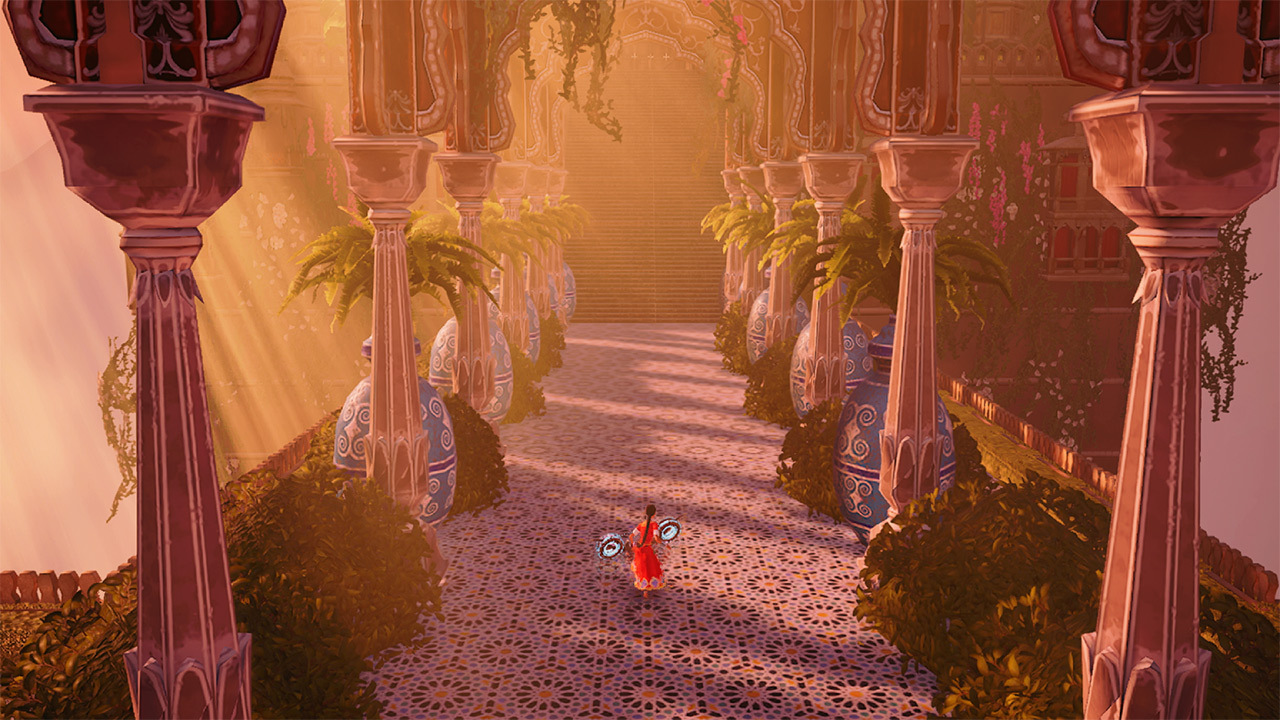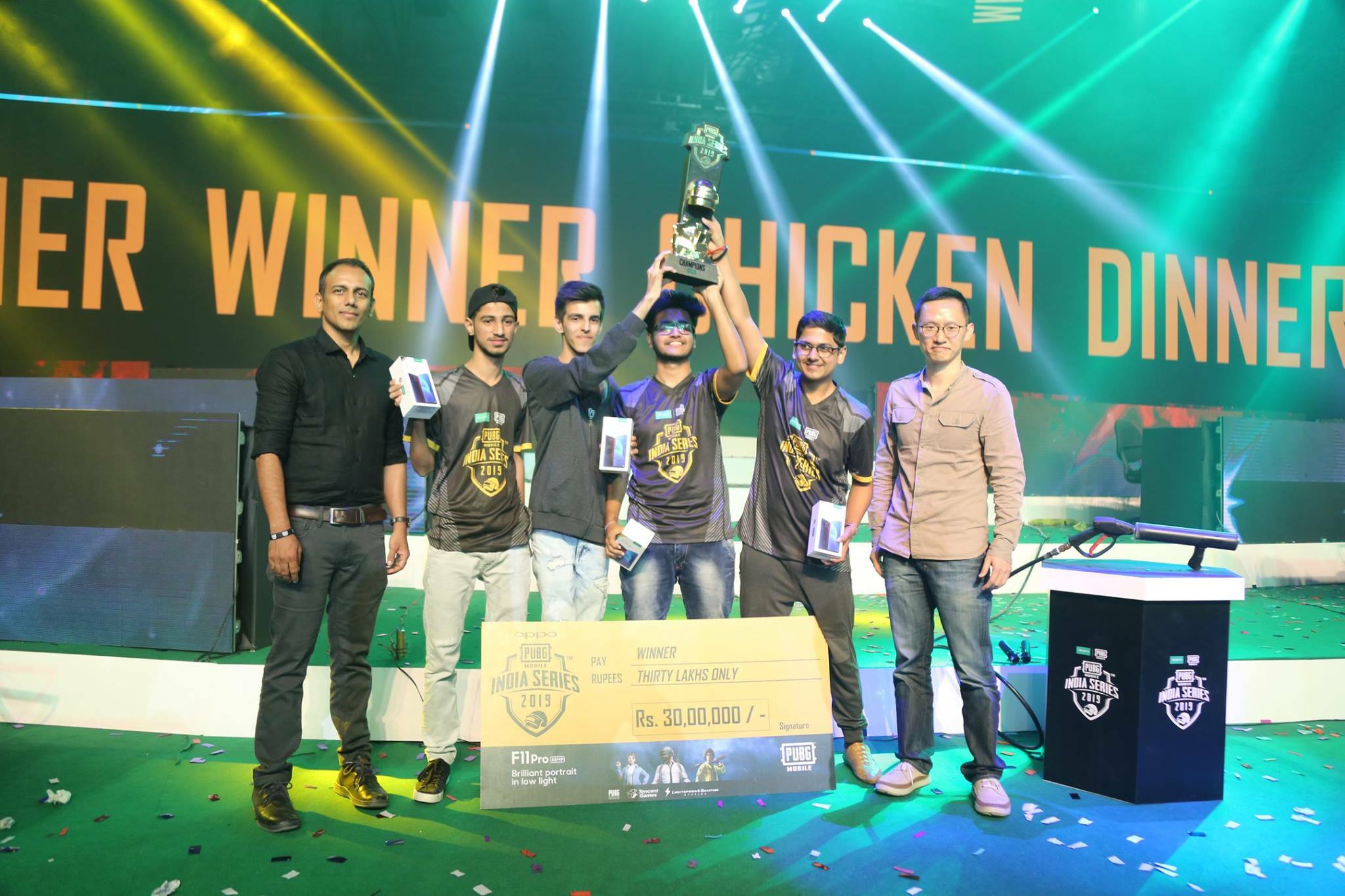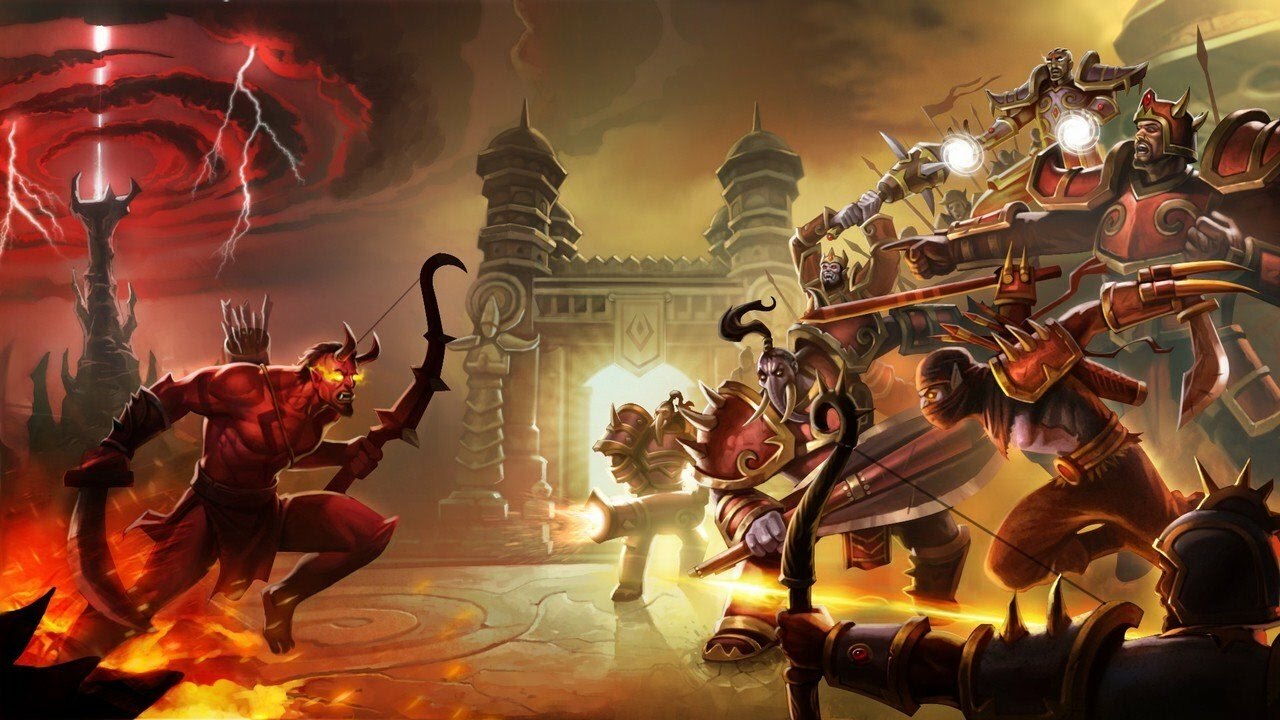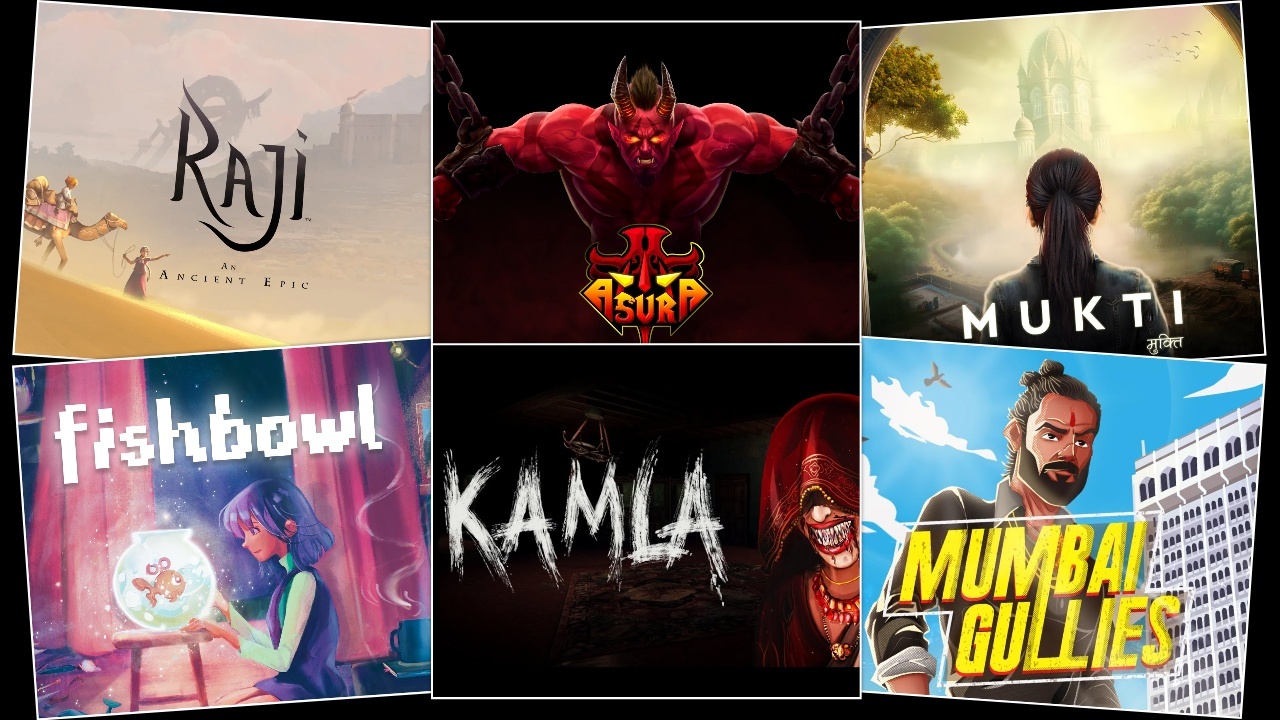The Indian Video Games Industry has asked the new government to separate online games into two categories: video games and real money games.
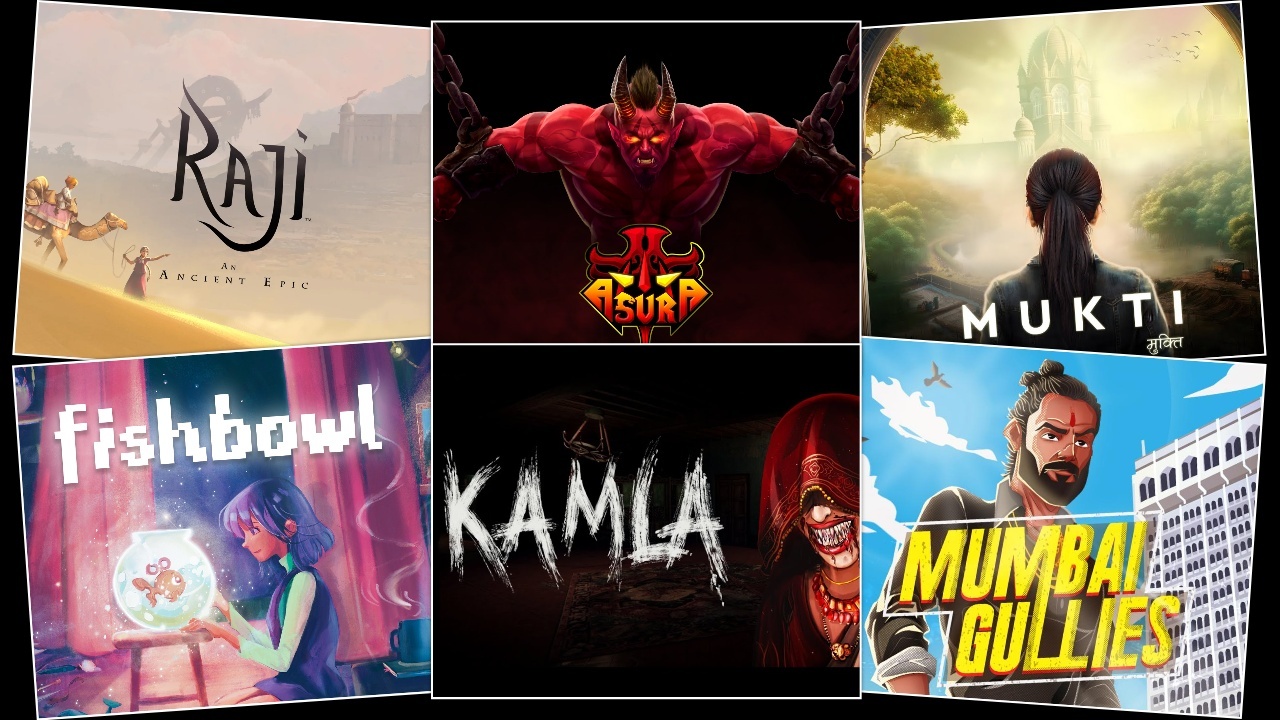
The Indian video game industry has joined hands to propose important changes to how the government categorizes online games. This request was made in a letter to the Prime Minister and the Minister of Information and Broadcasting, signed by 70 gaming and esports companies.
Harish Chengaiah, CEO of Outlier Games, said the Indian Video Game Industry is worth $942 million in 2024 and could grow to $1.6 billion by 2029. This growth could make it bigger than the Indian film industry, becoming the largest entertainment industry in India by the end of the decade. And to help this growth, they have suggested some important changes, which we'll explain in this article.
Key Changes Recommended By the Indian Video Games Industry
This letter suggests ten changes to help the industry grow and create fair rules.
One main idea is to separate "video games" and "real money games" (RMG). Right now, both are called "online games," which can be confusing and lead to unfair rules. Video games are for fun, while real money games involve gambling or betting. By making separate categories, the industry wants each type of game to have fair and proper rules.
Here are the ten suggestions from the industry:
Clear Categorization
The video games industry wants the government to clearly separate "video games" from "real money games" in their "National AVGC-XR" policies. Right now, both are grouped together as "online games," but they're very different.
Video games are for entertainment and skill, with complex stories and gameplay. On the other hand, real money games involve gambling where players can win money based on luck.
Controlling Misrepresentation
Companies are concerned that using "online games" for both types causes confusion. Media often shows pictures of popular video games when talking about gambling. They want the Ministry of Information and Broadcasting to stop this confusion by making sure the media uses the right pictures and doesn't mix up the two.
Lower Tax Bracket and Import Duties
So currently, video games are placed in the 18% GST bracket, which the industry believes is too high and could potentially stifle growth. The industry suggests that video games should be moved to the 12% GST bracket. This lower tax would make games more affordable for consumers, likely boosting sales and revenue. It could also attract more developers to the market, promoting innovation and competition.
On top of that, they recommend making the customs process easier for important development hardware for video games and reducing import duties.
Avoid Premature Regulations
The video game industry thinks that making rules too early could hurt its growth and creativity.
Rules made too soon might not keep up with how fast games change. They could limit new ideas, stop the market from growing, and scare off investors. So, any rules should be made carefully, based on good info, and at the right time. This way, rules can help the industry grow instead of holding it back.
Promote Original IP Creation and Ownership
Creative industries like game-making get most of their worth from their ideas and brands. In India, these are called Intellectual Properties (IPs). They can be as much as 80% of what a game company is worth. To help, the government could:
- Catalyst Fund: Start a big fund to help small and indie game companies grow. This fund could match what states give, so there's more money to make games and ideas.
- IPR and Exports Help: Help game makers by teaching about global business laws and helping with costs for copyrights and trademarks.
- Digital IP Loans: Get banks to see game ideas as something they can loan money for. This can help game makers get cash to grow their ideas.
Higher Education in Game Development and Esports
Another suggestion is that the government should take steps to establish standards and benchmark higher education in game development and esports.
Right now, what students learn in the game classes can be different in each college. This makes it hard for them to get good jobs. To do so, the government should introduce new course names and syllabi for the following programs:
- Bachelor of Design in Game Design
- Bachelor of Arts in Game Art
- Bachelor of Technology in Game Programming
- Bachelor of Arts in Esports Management
These classes should be four years long and let students get certificates each year. This system rewards students with certificates after successfully completing each academic year, providing exceptional flexibility for learning and skill development.
Regulatory Streamlining
The video game industry wants the Ministry of Information and Broadcasting (I&B Ministry) to take the lead in handling video games.
They suggest creating a special AVGC-XR division within the ministry, led by a senior official. AVGC-XR covers Animation, Visual Effects, Gaming, Comics, and Extended Reality. This change would make rules simpler, work faster, and help video games work better with other entertainment and media.
Market Access
Game companies want the government to help them go to big international game events. These events are vital for getting money, making friends, learning new stuff, showing games, and getting famous. But they cost a lot, and small game companies can't always pay.
The government could give money to Indian game event organizers. They could use this money to pay for Indian game makers to go and set up booths at these big events. This would help Indian game makers meet the world without needing lots of money, helping everyone.
Updating to MESC and NSQF Mechanisms
Finally, they suggest updating MESC and NSQF Mechanisms. The first game makers are still working, but there aren't enough good teachers for new game students. This makes it hard for game courses to be good.
To address this issue, they suggest taking two steps:
- Offer attractive incentives to institutes and vocational training centers to hire experienced professionals and implement 'Train the Trainer' programs.
- Update the MESC Qualification Packs and the National Skills Qualification Framework (NSQF) to include modern skills and mapping mechanisms, as many game development skills are currently missing from these systems.
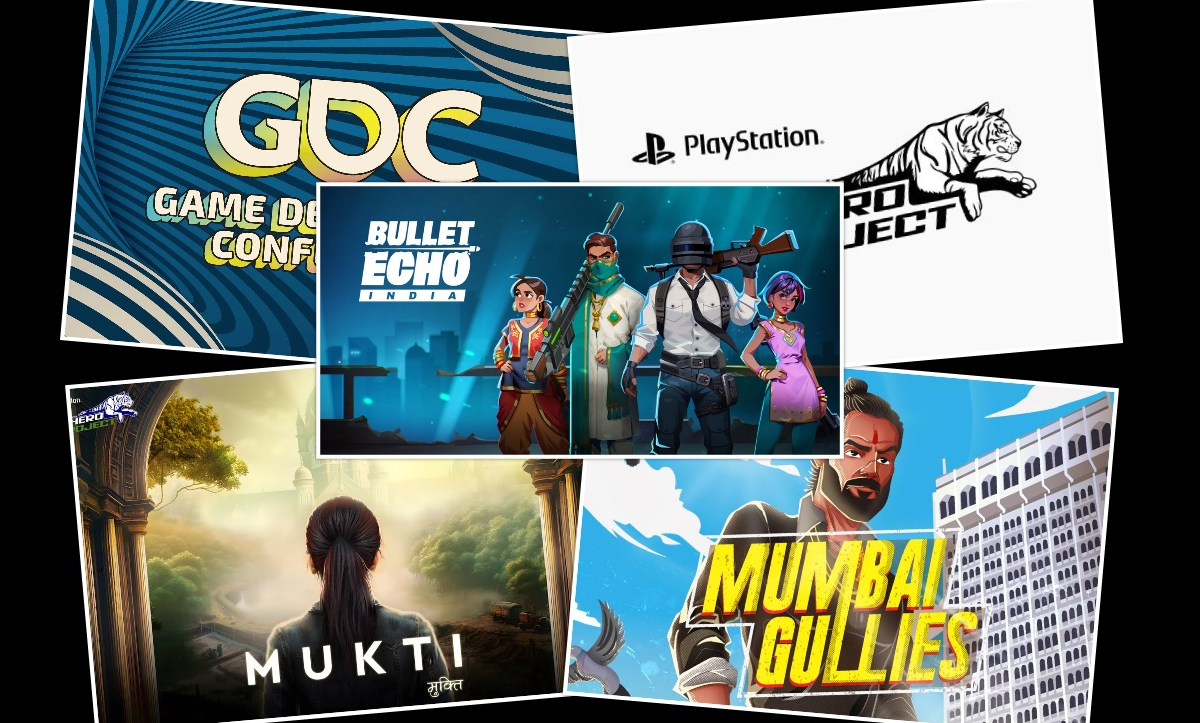
Well, Harish Chengaiah, the leader of this effort highlighted how India's gaming industry could boost the country's creative economy and global influence. He believes gaming has the potential to become India's biggest entertainment sector, even bigger than movies.
Chengaiah urged the government to handle video game regulations carefully and he hopes the government will discuss these differences with industry experts.
And if the government accepts these ideas, it could change how gaming and esports grow in India. Clear rules for video games versus gambling games could help each type of game grow better. However, fixing problems like media mistakes, making rules easier, and better education could make India's gaming industry better.
In short, India's gaming industry wants to improve. By suggesting good ideas to the government, they hope to make a better place for gaming and make India a big gaming country.























